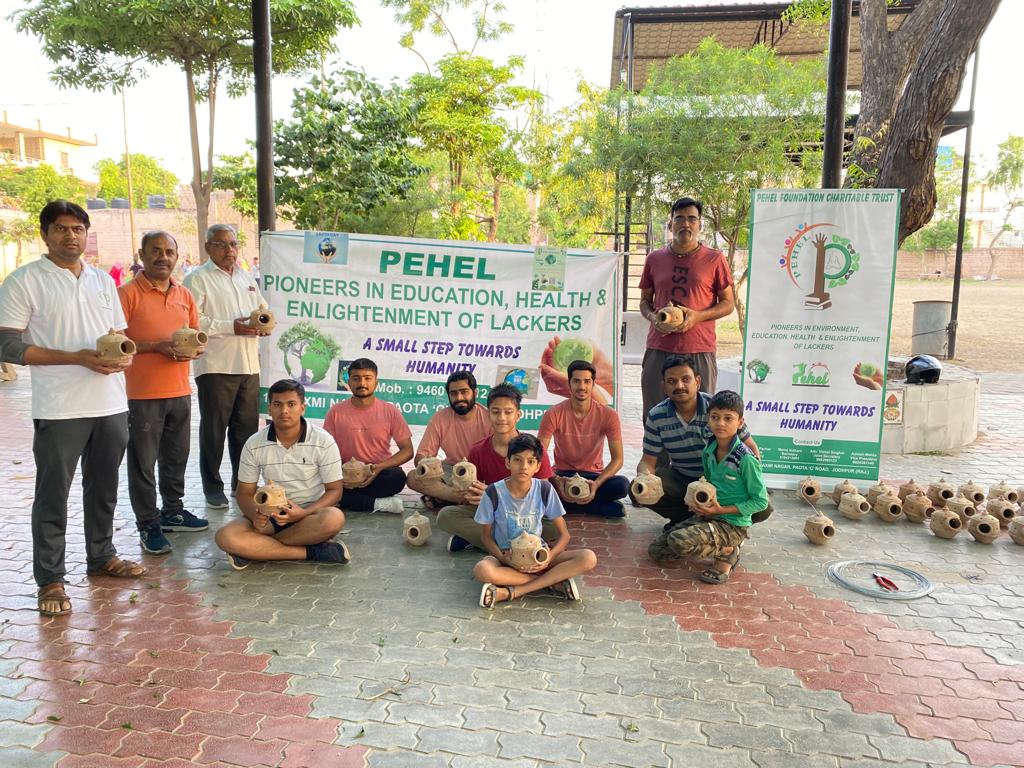Changing Food Habits 2
Changing Food Habits

The village of Krishnapur was famous for its hospitality, and equally, for its rich, ghee-laden food. Festivals were a parade of deep-fried delights, and daily meals often consisted of heavy gravies and refined flour breads. The elders complained of joint pains, the children were often sluggish, and the local dispensary saw a steady stream of patients with digestive issues. It wasn't a lack of awareness, but a deeply ingrained culinary culture that seemed impossible to alter.
Then came the Pehel Foundation. They didn't arrive with grand pronouncements, but with a quiet, persistent presence. Their first step was to organize "Health Melas" – not just medical camps, but interactive sessions where nutritionists spoke about the benefits of local grains and vegetables, and chefs demonstrated simple, healthier cooking techniques.
Old Radha, who ran the village's most popular snack shop, was initially dismissive. "My pakoras are what people want!" she declared. But Pehel's volunteers, particularly a young woman named Priya, befriended Radha. Priya showed her how to make her famous potato fritters with less oil, adding finely chopped spinach and a sprinkle of flaxseeds for extra nutrition and crunch. To Radha's astonishment, they were still delicious, and even more popular!
The real game-changer was Pehel's "Seed to Plate" program. They distributed packets of diverse vegetable seeds – gourds, leafy greens, beans – and taught villagers how to cultivate small kitchen gardens. They also helped establish a communal herb garden, fragrant with mint, coriander, and basil, encouraging their use in daily cooking. Farmers who had only grown cash crops began reserving small plots for nutritious vegetables.
Young Rohan, a schoolboy who loved sugary drinks, was captivated by the vibrant colors of the new community garden. Pehel volunteers taught him about the different vegetables and even let him help harvest. Soon, he was bringing home fresh carrots and cucumbers, nudging his mother to include them in his meals. His energy levels soared, and he found himself more focused in school.
The shift was gradual but profound. The clatter of steel lunchboxes now revealed not just parathas, but often a side of cucumber raita or a small salad. Evening tea stalls started offering roasted chana alongside the fried snacks. The village market saw a surge in demand for millets, lentils, and fresh produce. Even the local doctor noted a significant decrease in diet-related ailments.
Pehel Foundation hadn't just introduced new foods; they had fostered a new mindset. They had shown Krishnapur that healthy eating wasn't about deprivation, but about rediscovering the goodness of their own land and traditions, leading to a healthier, happier community, one wholesome meal at a time.




